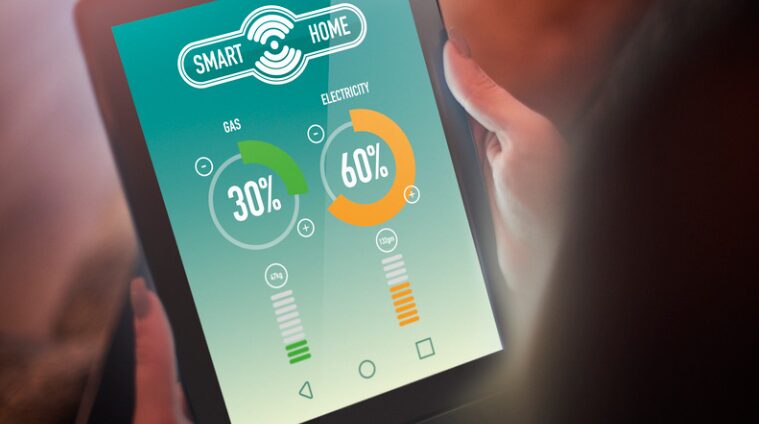
In our modern, always-on society, energy consumption has become a key concern. From powering our cities to enabling technological innovations, energy is undeniably vital. This essential element doesn’t come without a cost, however. The consequence of our high-energy lifestyles is hefty energy bills and, unfortunately, environmental degradation on a global scale.
Lifestyle, being a representation of our daily habits and routines, plays an essential role in identifying the exact extent of this consumption. Comprehending the influence of lifestyle on energy consumption can be an eye-opening venture. This article aims to explore this remarkable relationship, shedding light on how our lifestyle choices impact our energy consumption. It’s important to understand this relationship not just to manage energy bills but also to curtail detrimental environmental effects.
The Relationship between Lifestyle and Energy Consumption
Lifestyle significantly affects the quantity and nature of energy consumed. A techno-enthusiast, living in a smart home filled with digital devices, would consume energy differently than a bicycling enthusiast who relishes the outdoors. Similarly, individuals residing in densely populated urban centers consume energy differently than those living in rural locations.
This diversity in consumption can be illustrated in a multitude of case studies. For instance, shoppers who engage in online retail have various energy demands compared to those who opt for traditional brick-and-mortar shopping. Illustrating this, effectively managing energy use has now become a necessity, paving the way for the advent of energy-efficient lifestyle practices.
The Role of Household Lifestyle in Energy Consumption
Your dwelling is, in many ways, a reflection of your lifestyle, and this is also true for energy consumption. The number of electronic appliances used, frequency of their usage, type of lighting and heating systems installed contribute significantly to the overall energy consumption.
But it’s not just the general household utilities; your lifestyle choices directly impact the energy used. For instance, frequent use of air conditioning units, leaving electronic devices switched on unnecessarily, or indulging in long, hot showers can spike up energy use. Therefore, understanding your current electricity bill becomes paramount in identifying less energy-intensive household practices.
Impact of Transportation Lifestyle on Energy Consumption
Transportation style is another lifestyle aspect with a profound effect on energy consumption. Increased dependence on personal vehicles, frequent long-haul air travel, or living in outskirts requiring lengthy commutes, can cause a significant increase in energy demand.

A lifestyle reliant on personal car use not only consumes more energy but also contributes to a larger carbon footprint. In contrast, those opting for public transport, carpooling, or cycling for daily commutes are inadvertently keeping their energy consumption in check.
The Influence of Dietary Choices on Energy Consumption
The food we eat isn’t often associated with energy consumption, but a deeper look reveals a significant correlation. Certain food types require more energy for production, processing, storage, and preparation. Meat and dairy products, for example, have a higher energy demand compared to plant-based foodstuffs.
Moreover, a shift towards fast food or convenience meals results in higher energy use due to extensive packaging and refrigeration requirements. Thus, advocating for fresh, local, and plant-based diets is not just beneficial for health but can also lead to energy-saving lifestyle changes.
How Technological Lifestyle Affects Energy Consumption
The rapid advancement in technology and a shift towards a digital lifestyle have reshaped the way we consume energy. High-end gaming computers, multiple digital devices, and automated home technology are becoming standard trends. However, this digital lifestyle brings a deeper, often overlooked effect on energy consumption.
On the other hand, technology also provides ample opportunities for energy conservation. Intelligent thermostats, energy-efficient appliances, and smart lighting are examples of how technology can considerably reduce energy consumption. Therefore, it’s crucial to incorporate technology that supports sustainability into our lives.
Conclusion
The undeniable connection between lifestyle and energy consumption opens many gateways toward a more sustainable future. Changing our lifestyles, adopting energy-efficient home practices, moving toward public transportation, choosing environmentally friendly diets, or embracing energy-saving technology can collectively reduce energy consumption.

As individuals and responsible members of society, our choices echo through our electricity bills, impacting the environment. We all carry a responsibility to embrace change, shift our perspectives, and refocus our lifestyle choices toward more sustainable, energy-saving practices. By doing so, we’re not just reducing our expenses but also nurturing our environment, making our planet a better place for future generations. The time for action is now. The power to change is in our hands. Let’s choose wisely.












